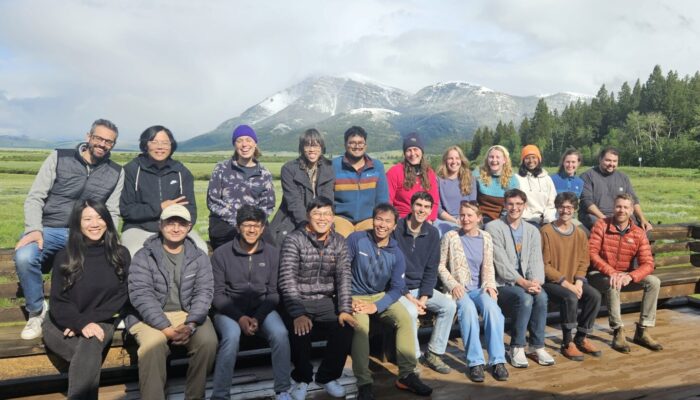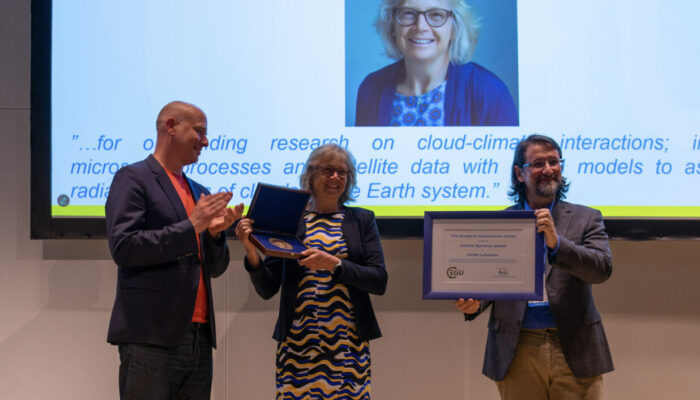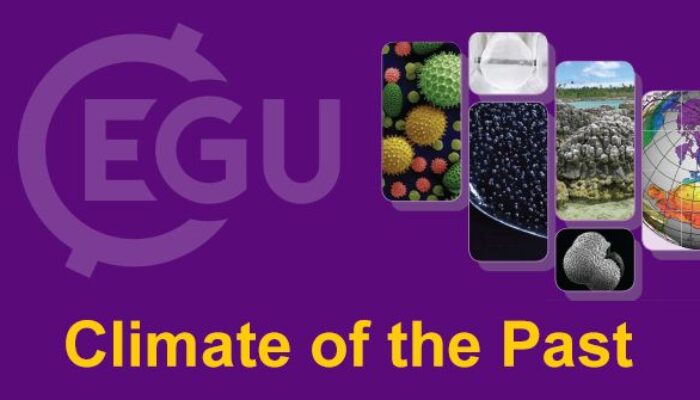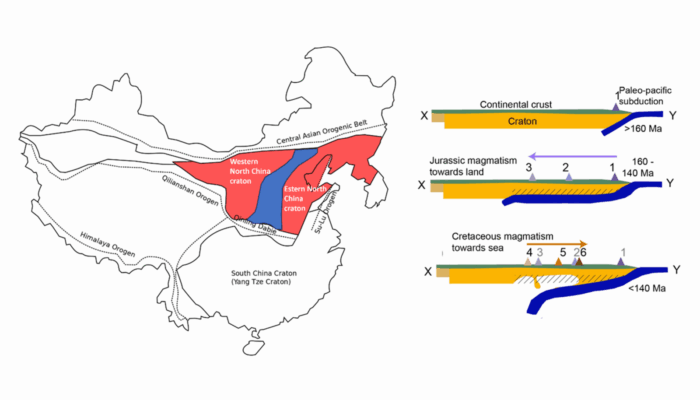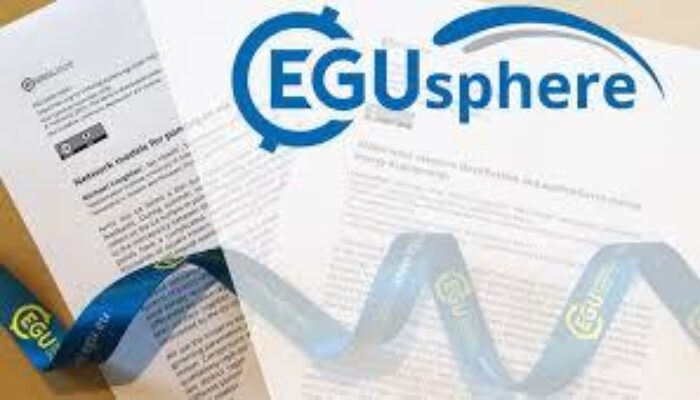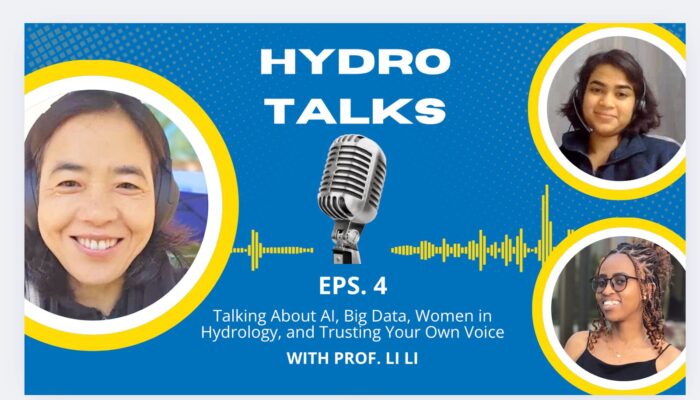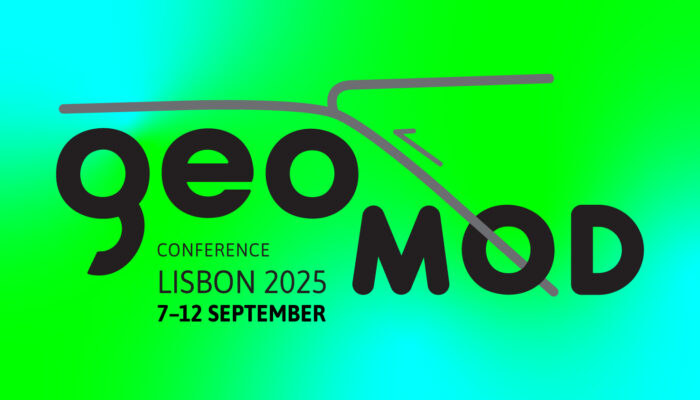During November, several important dates are recognised, including the International LGBTQIA+ in STEM Day on November 18. This month is also designated as Transgender Awareness Month, culminating in the recognition of Transgender Day of Remembrance yesterday, November 20. In celebration of our LGBTQIA+ community, this blog highlights some of the activities we undertook throughout the last year. Be ...[Read More]
If you didn't find what you was looking for try searching again.
GeoLog
It’s more than just a date: Unpacking the importance of the International Day of LGBTQIA+ in STEM – Perspectives of a queer woman in science
We cannot solve the world’s most complex problems, from climate change to curing disease, if scientists must leave parts of themselves at the laboratory door. This is a reality that we must acknowledge in Science, Technology, Engineering, and Mathematics (STEM). The demand for conformity, the fear of judgment, and the reality of discrimination act as invisible barriers that can limit innovat ...[Read More]
GeoLog
Making earthquakes understandable: How “Near Me” search behavior can guide better risk communication
When a tremor shakes the ground, the first thing many people do isn’t check a scientific database: they reach for their phone. Within seconds, searches like “earthquake near me” surge across Google. This simple phrase captures something profound: a universal need not to understand seismic mechanics, but to know “Am I safe?” Over the past few years, this “near me” framing has quietly reshaped how t ...[Read More]
Cryospheric Sciences
Geysers, Geese, and Graph Neural Networks: Impressions from the Glaciology in Machine Learning Summer School (GlaMacLeS)
An isolated, idyllic, and inspiring setting in the gorgeous Centennial Valley of Montana, where nothing pulls your attention from the task ahead, a motivated group of PhD students and postdocs in glaciology, and five energetic lecturers: the perfect combination for tackling the ambitious challenge of exploring the interface between glaciology and machine learning. Who wouldn’t learn well here, esp ...[Read More]
Atmospheric Sciences
“You Can’t Get Around Clouds”: A Conversation with Climate Scientist Ulrike Lohmann
Prof. Dr. Ulrike Lohmann is a leading atmospheric physicist and climate scientist at ETH Zurich’s Institute for Atmospheric and Climate Science, renowned for her pioneering work on clouds, aerosols, and their interactions within the Earth’s climate system. Her research has significantly advanced our understanding of how microscopic particles influence cloud formation and, in turn, the global ...[Read More]
Climate: Past, Present & Future
20 years of Climate of the Past: A journey through two decades of paleoclimate research
Twenty years ago, a small group of scientists set out to create a journal dedicated entirely to understanding Earth’s climate history. That journal, Climate of the Past (CP), was launched in 2005 as an international open-access journal of the European Geosciences Union (EGU), and over the past two decades it has become a cornerstone for the paleoclimate community. From geological eras to the last ...[Read More]
Geodynamics
Destruction of the North China Craton and its global impact
Cratons are forever, until they are not. These long-lived portions of lithosphere are known for being remarkably stable. However, if the conditions are right, even cratons can be ripped apart by geological forces, with far-reaching impacts on Earth’s systems. This week, Jyotirmoy Paul from the University of Oslo, Norway will tell us the downfall of the North China Craton, using numerical sim ...[Read More]
GeoLog
Three reasons why you should consider preprinting your research
Preprints are scientific manuscripts posted online before or in parallel with submission to a peer-reviewed journal. Although the term ‘preprint’ may sound like it is just a preliminary version of a document that will eventually be published in an academic journal, this is not always the case. Not all preprints are intended for formal peer review, and some remain at the preprint stage indefinitely ...[Read More]
Hydrological Sciences
HydroTalks Podcast: Professor Li Li on data and models, water chemistry, climate change and science communication
Welcome to HydroTalks, the EGU HS division’s podcast series. In this episode, we interviewed Prof. Li Li (Li Li – Penn State), leader of the Li Reactive Water group at Penn State University. We talked about her research on using data and models for hydro-biogeochemical processes, river water quality, climate change, and research communication. Her research sits at the intersection of h ...[Read More]
Geodynamics
GeoMOD 2025 – Lisbon edition
The GeoMOD meeting is a bi-annual conference that gathers Earth Science researchers from all over the world working on analogue and numerical modelling in Geosciences. Showcasing the most recent advances in this field, GeoMOD brings together the pursuit of new knowledge while allowing for great get-togethers between researchers. This year’s meeting was successfully held in Lisbon but not without i ...[Read More]




